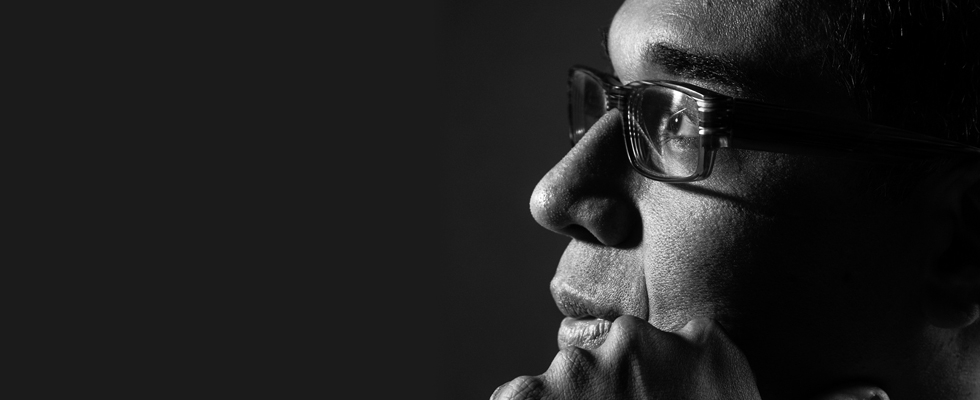
A Century of Afro-Americano Jazz ft. Danilo Pérez: The Remix
An interview featuring Danilo Pérez, the musical director of the upcoming Jazz 100 Tour, making its first stop September 30th in Philadelphia.
Each passing year of the calendar marks twelve months replete with possibilities for history to be made. In 2016, for example, we have seen England leave The European Union, the first woman to achieve presidential candidacy in The United States, an image of a Syrian boy covered in blood receive global empathy, and the discourse about gun control reach imperative new heights. About a 100 years ago, in 1917, our world was spinning on its axis and trying not to tip over as the tides of social and political change swept through it with potent force: The United States enters World War I, Babe Ruth beats the New York Yankees, Puerto Rico becomes a territory, Leo Trotsky and The Bolsheviks gain power, widespread Suffragette marches and protests begin in The United States, The Constitution of Mexico is instituted, and the first Pulitzer Prize is awarded.
Music, too, has provided us with a sonorous timeline of history, and 1917 coincidentally gifted us all with the births of four Jazz virtuosos: John Birks “Dizzy” Gillespie, Ella Jane Fitzgerald, Ramón “Mongo” Santamaría, and Thelonious Monk, continuing the legacy of a passionate twentieth century love-affair with Jazz that still burns hotly today. And, a century later, contemporary Panamanian Jazz composer and pianist Danilo Pérez is coming to Philadelphia on his Jazz 100 tour to fortify the crucial Afro-Americano influence of Jazz through a tribute- and a modern remix on the classics.
“It was an amazing coincidence. I am grateful that my managers brought it to my attention that they all were born in the same year. They’re the most important for the Afro-Americano sound, both of the past and the present. I have a lot to owe these artists. Panamonk, my tribute to Thelonious Monk and Panama gave me attention. Then I got to work with Dizzy Gillespie for four years, who became my mentor. I got the chance to collaborate with Mongo. And, I wish I could have played with Ella.”
Indeed, Pérez does have much to thank these four prominent Afro-Americano artists, for they initiated an engaging musical blend that united the cultures of mainland United States and Latin America to grow the genre, propulsively fusing saxophone with bongos, horn with timbales. What began as a duet between Cuba and New Orleans, spread throughout Brazil, Panama, Chile, Colombia, and Uruguay. The potential of Jazz led to Pérez to find his own potential as a budding Jazz prodigy, becoming a young master at the mere age of ten in 1975, and propelling him off to rigorous instruction at The Berklee College of Music.
But, more than the rhythms of Jazz becoming a global-hit, Pérez is thankful to the virtuosos he will be evoking throughout his Jazz 100 tour- especially his mentor, Gillespie -because of their profound teachings:
“Collaborating with Dizzy was great for my career, but more than that… He told me that he wanted to be remembered as a humanitarian, and that is what I want to do with my music, and my success.”
Pérez has kept Gillespie's vision, as he has taken the concept of humanitarianism and incorporated it in various projects, most notably becoming the artistic director of The Berklee Global Jazz Institute, where the curriculum and program is designed to mold the “new ambassadors of music to benefit humanity.” The Institute includes an outreach program with a “therapeutic” social aspect, taking-in or going-to juvenile detention facilities and vulnerable parts of the community to spread tolerance through harmony, literally. Moreover, students at The BGJI are given the opportunity to take their humanitarianism beyond the borders of The United States, sending them off to internships and volunteer opportunities in Panama, The Dominican Republic, Spain, Chile, and West Africa.
“This tour comes at a critical time, an election time, where we all need hope, peace, and joy. And I mean everybody. Not just the minorities. This is a tribute to great Afro-Americanos, and it is to show how we got so much greatness from globalization, and how this acceptance and joyful celebration of diversity is the essence of humanity. Music can bring cultures and people together, no matter their age or their experience. We can look at contributors of music for different angles, different perspectives. It is an effective diplomatic tool.”

Pérez hopes to bring to The Kimmel Center on September 30th an energetic rearrangement of the elements of Ella’s, Monk’s, Mongo’s, and Dizzy’s suave syncopated tunes.
“I am changing the forms, but the same spirit and the same phrases [of their Jazz] will still be there. Some of it will be galactic, and some of it will be earthy. Galactic sounds will be adventurous, they will depart from earth… Earthy sounds bring us back to the familiar, what we trust.”
And, when asked if Pérez expects the audience to feel moved by the joyfulness to get up and dance, he replied with buoyant confidence: “Absolutely.”




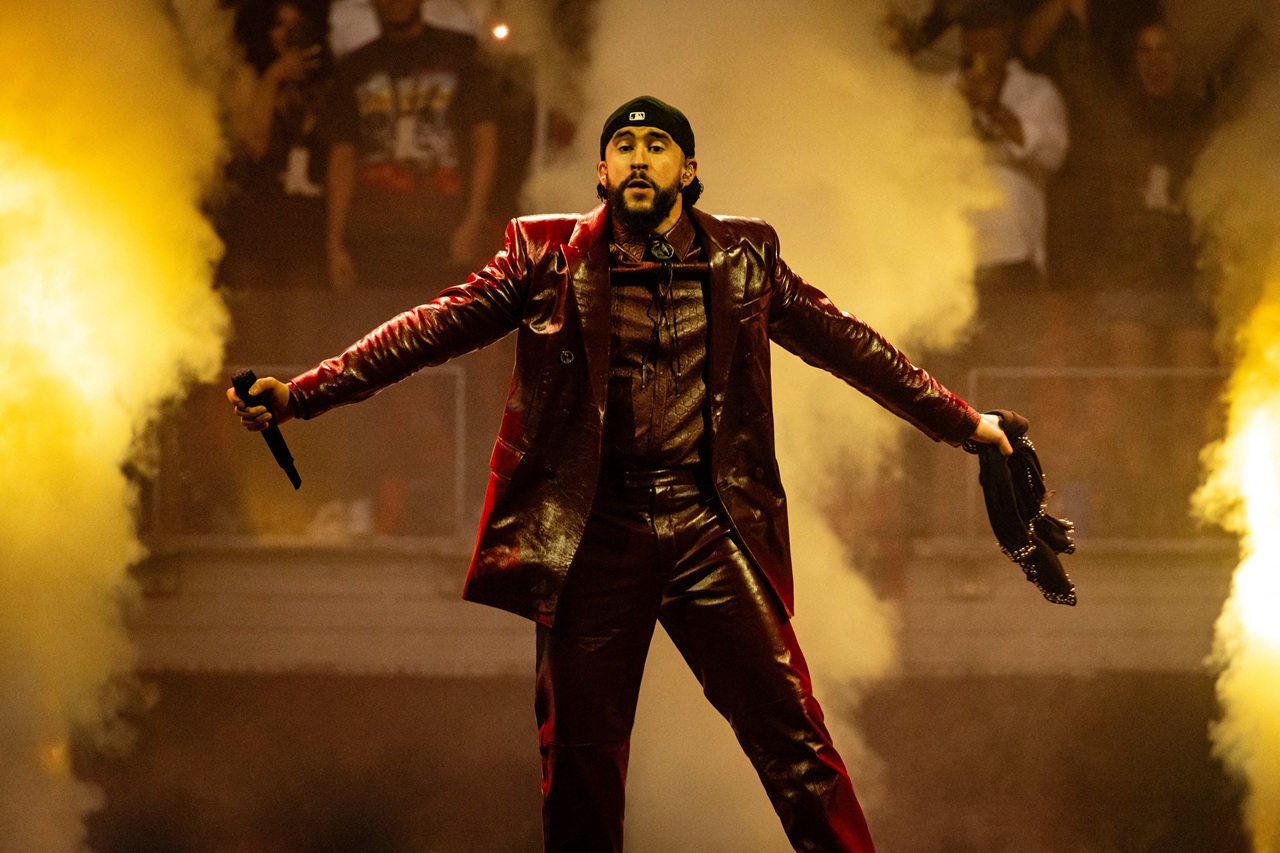
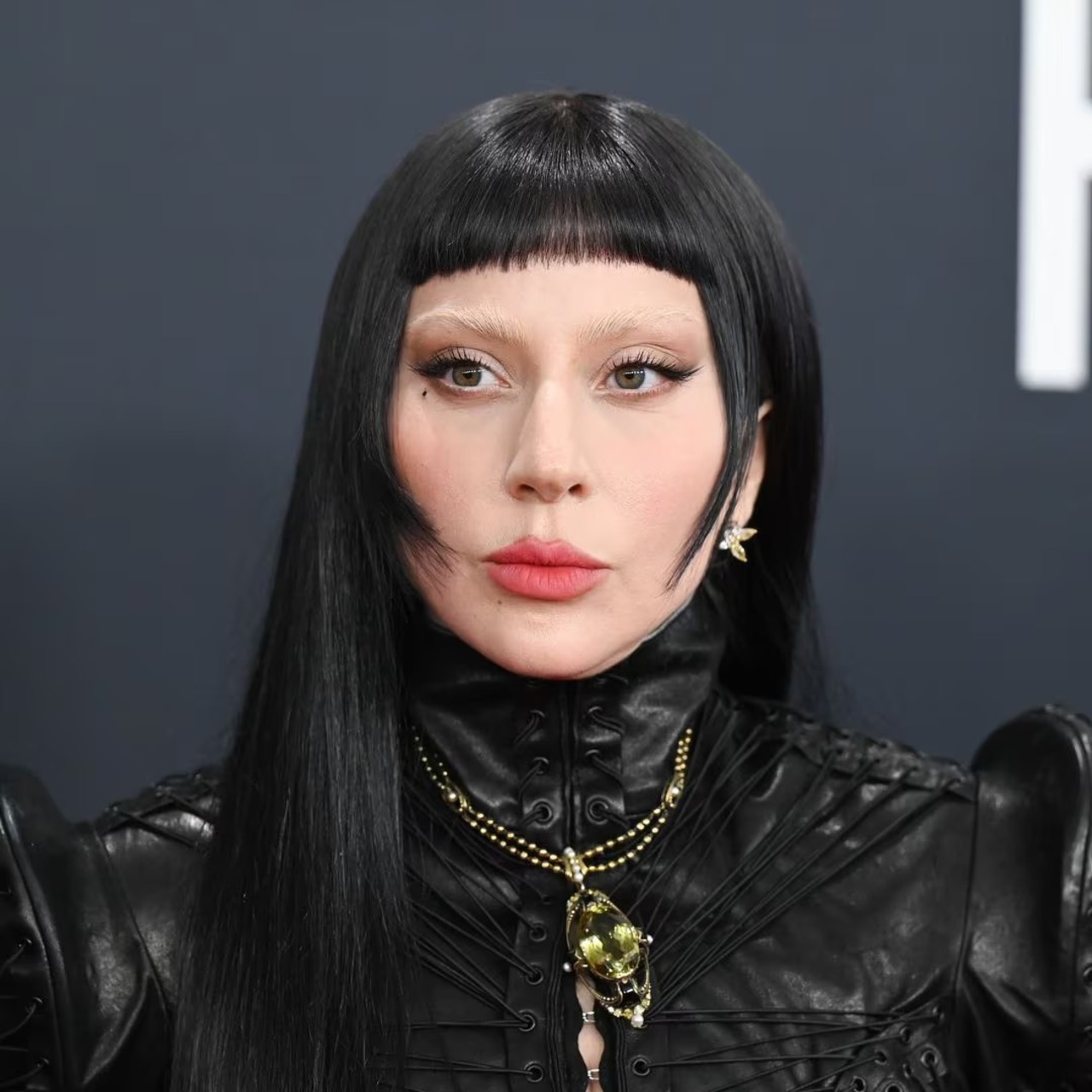
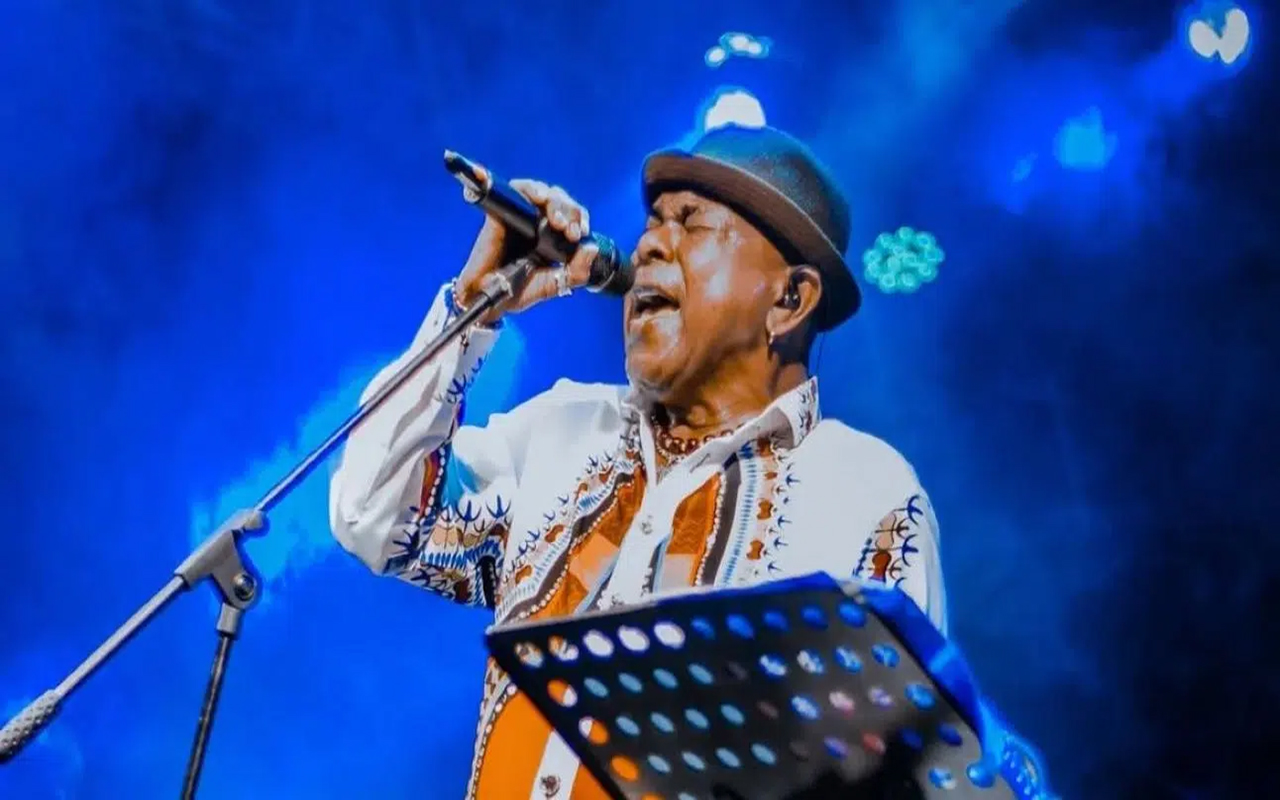
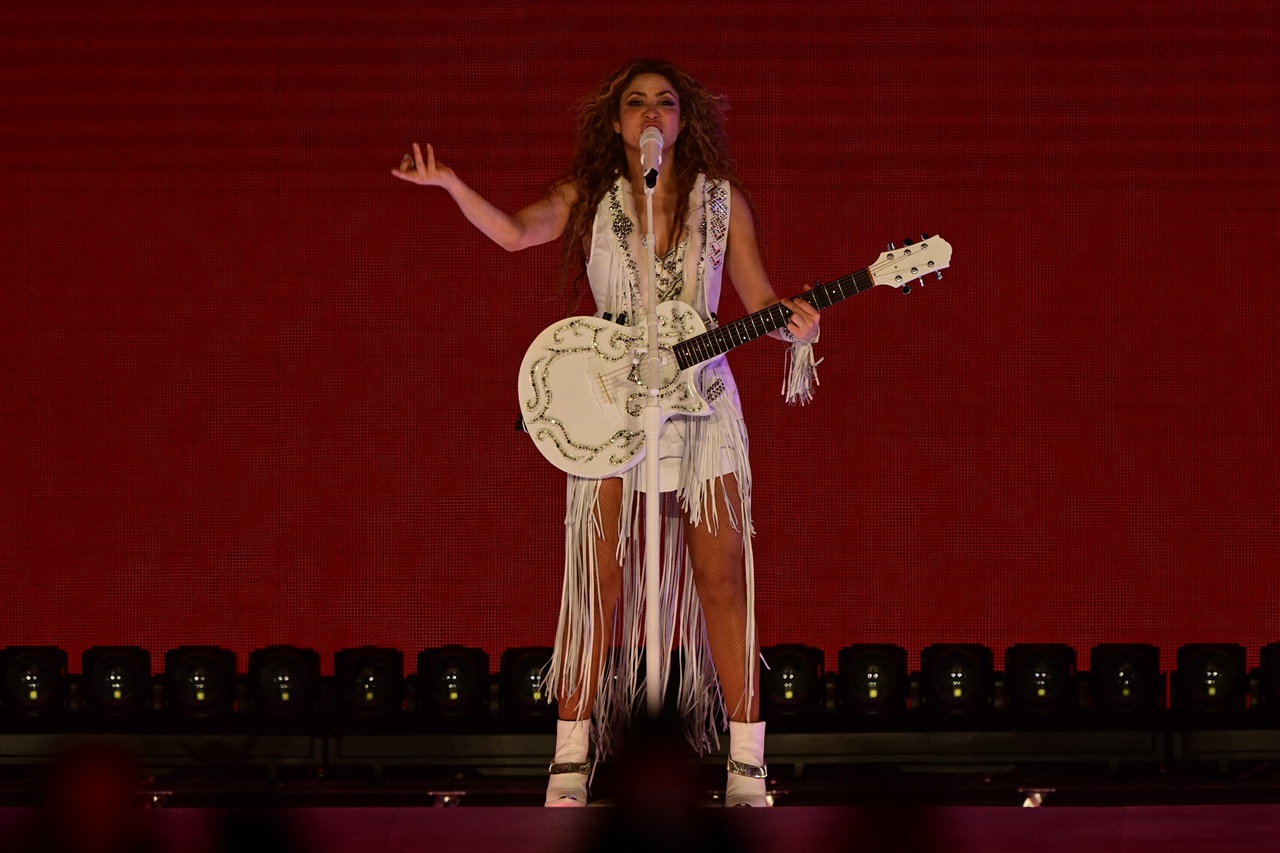
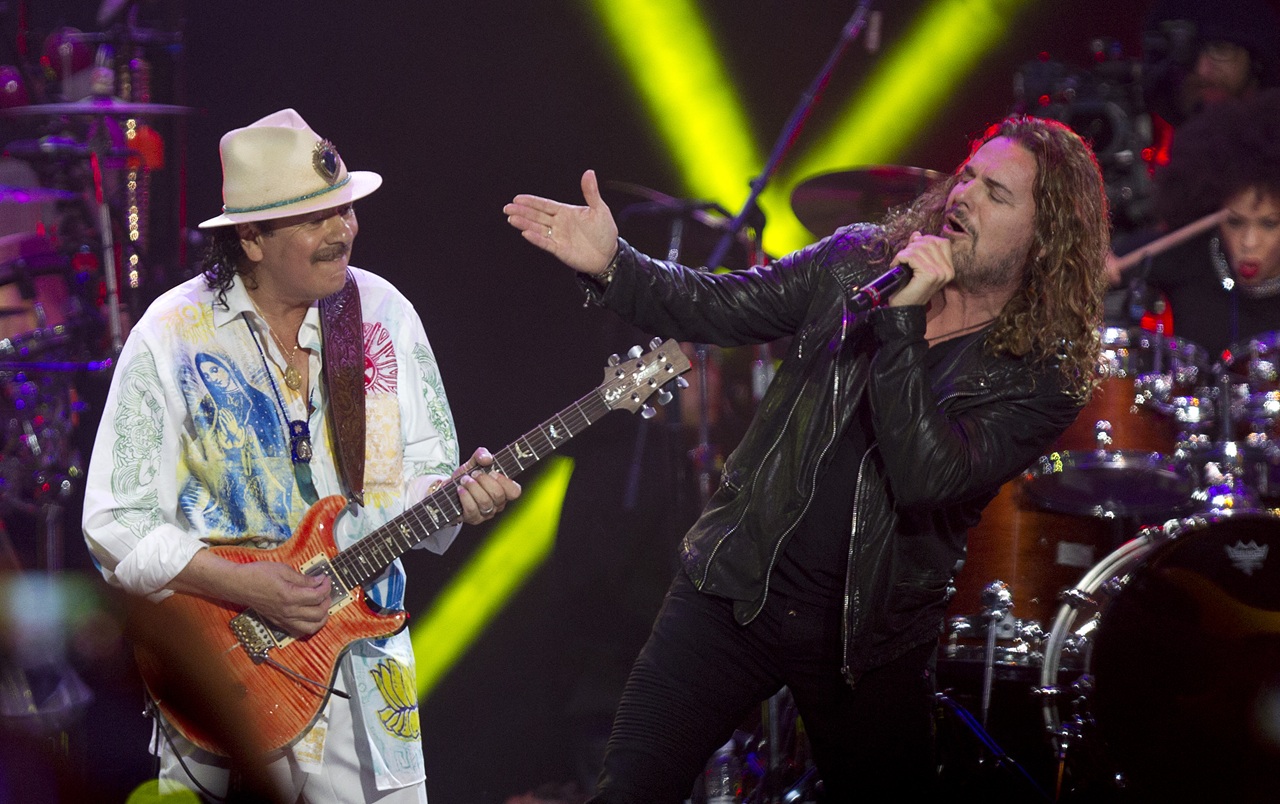

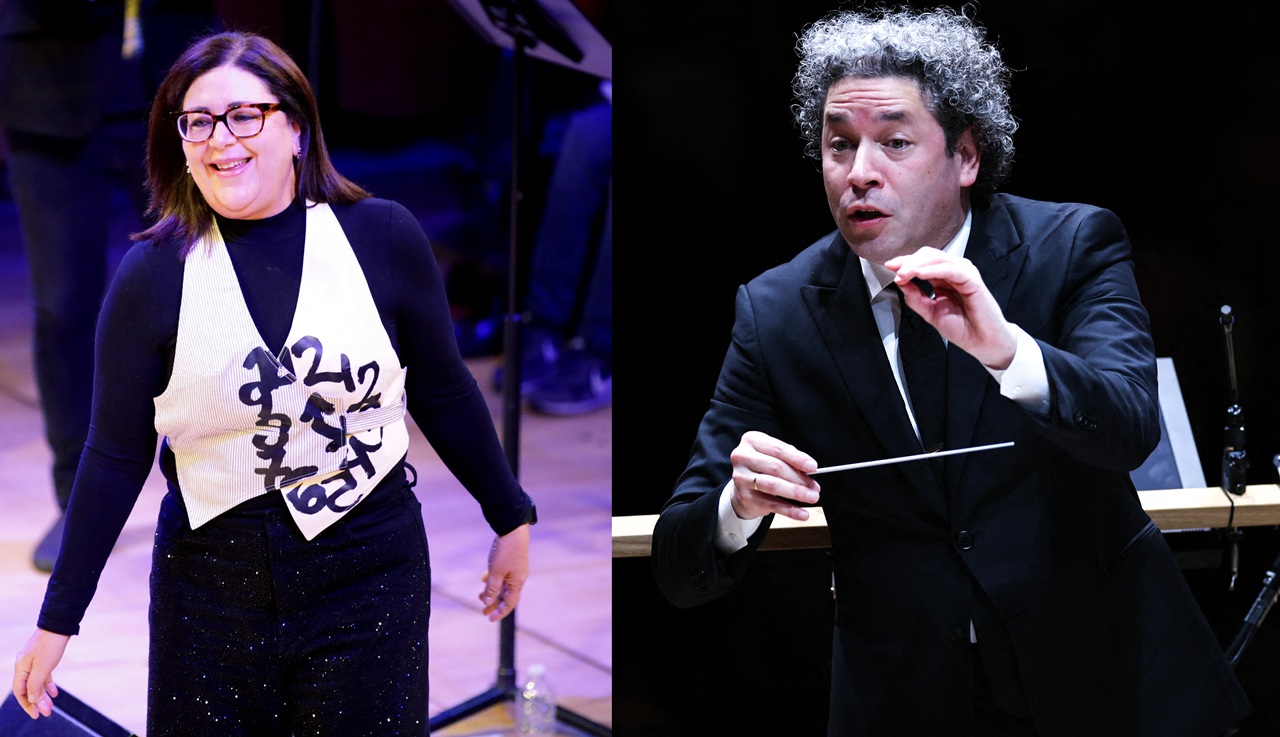
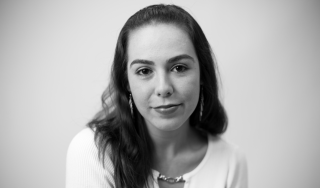
LEAVE A COMMENT: